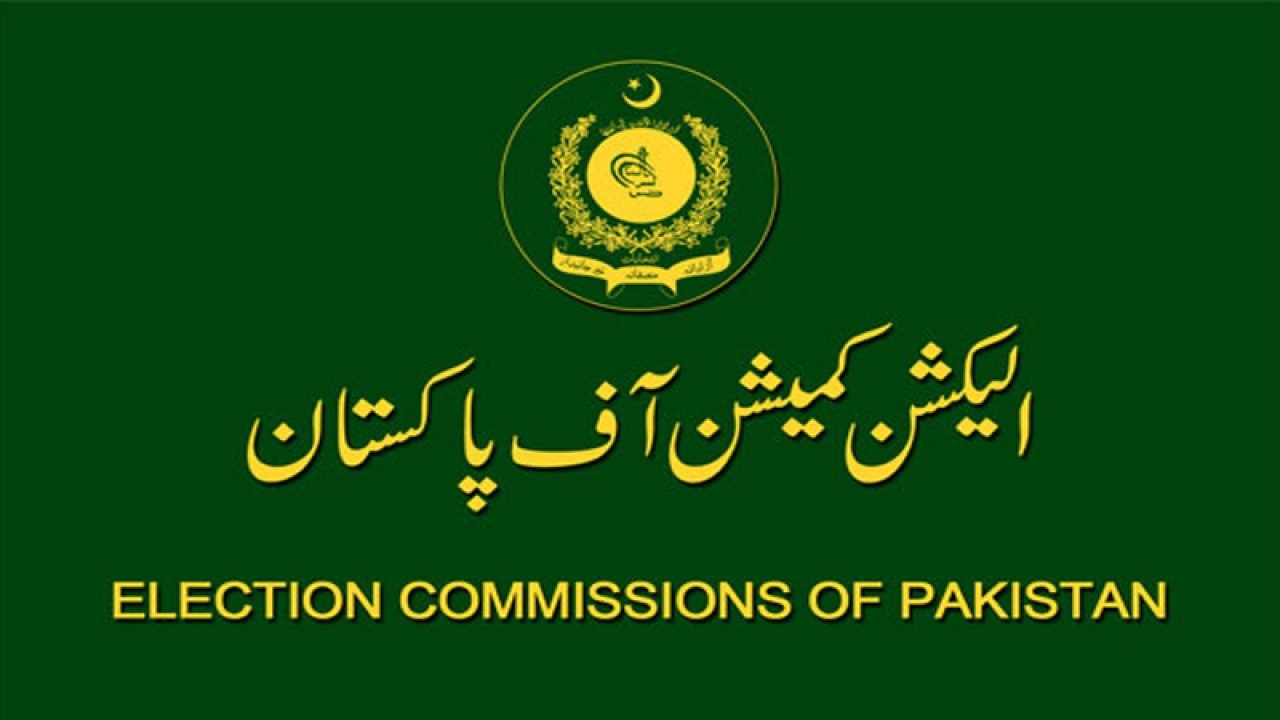Editorial
Election Commission of Pakistan is constitutionally empowered to hold free and fair elections for national and provincial assemblies. Therefore, it is critical that ECP should regulate the national media for the smooth conduct of elections. Media is a powerful tool and can easily influence the political opinions. Thus, it is imperative that media provides a level playing field to all the political parties. Following the is the gist of the media guidelines and it is important for the national media to adopt these regulations and guidelines in letter and spirit.
Respect for National Integrity: All media coverage must uphold the principles of Pakistan’s ideology, sovereignty, integrity, and security, as well as maintain public order and respect the independence of the judiciary.
Preserving National Solidarity: Avoid any statements or allegations that could jeopardize national unity or incite law and order disruptions.
Impartiality and Objectivity: Refrain from personal attacks on candidates or political parties based on gender, religion, sect, caste, or any other discriminatory factors.
Balanced Reporting: When a candidate makes an allegation against another candidate, both sides must be given equal opportunity to respond.
Monitoring and Transparency: Relevant authorities, including PEMRA, PTA, PID, Cyber Wing, and Digital Media Wing of MoIB, will monitor media coverage to ensure fairness and transparency. These authorities must also provide details of payments made by political parties and candidates to the Election Commission within 10 days after the election.
Assistance to Election Commission: The aforementioned authorities are obligated to assist the Election Commission in implementing this Code of Conduct and provide any information requested to fulfill its duties.
Protection of Media Freedom: The government and law enforcement agencies must ensure the protection of media personnel and media houses to safeguard their freedom of expression.
Public Funding Prohibition: No media platform shall run political campaigns at the expense of public funds.
Transparency of Political Advertising: If any media platform accepts paid political advertisement from a candidate or political party, they must disclose the details of the expenditure to the Election Commission as per law.
Please, subscribe to the monthly magazines of republicpolicy.com
Civic and Voter Education: Journalists, media houses, and social media influencers must actively engage in civic and voter education programs, particularly targeting marginalized groups, to promote voter participation.
Compliance with Electoral Laws: Adhere to Section 182 of the Elections Act 2017, which prohibits any media person from promoting the election campaign of any candidate or political party within 48 hours of the polling station’s closure.
Accreditation and Obstruction: Media personnel must respect the accreditation process and refrain from obstructing the election process in any way.
Polling Station Access and Coverage: Accredited media personnel may enter a polling station with a camera to film the voting process once, but they must ensure the secrecy of the ballot and refrain from filming the screened-off compartment. Media personnel are allowed to observe the counting process.
Impartial Election Coverage: Media coverage must not interfere with any pre-election, election, or post-election processes.
Unofficial Results Restriction: Media outlets must not broadcast unofficial polling station results until one hour after the polling station’s closure.
Unofficial Result Disclaimer: Broadcasters must clearly state that unofficial results are incomplete and fractional when airing them after one hour of polling closure. In case of any violation, the Election Commission may take appropriate action.
Prohibition of Exit Polls and Surveys: Media outlets must refrain from conducting exit polls or surveys at polling stations or constituencies that could influence voters’ choices.
Enforcement and Penalties: The Election Commission of Pakistan reserves the right to withdraw accreditation of individual journalists or media organizations in case of Code of Conduct violations. The Election Commission also has the authority to determine violations.
Please, subscribe to the YouTube channel of republicpolicy.com
















